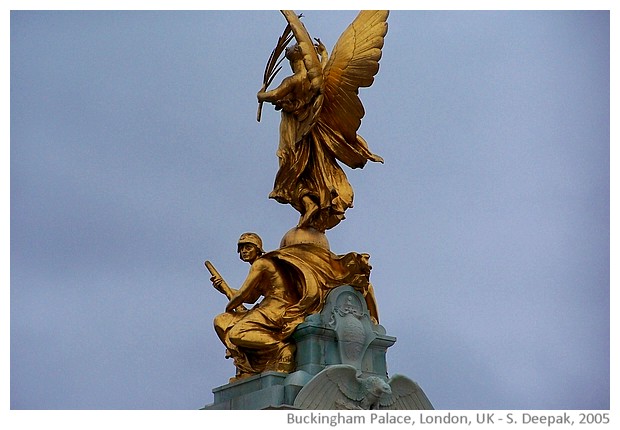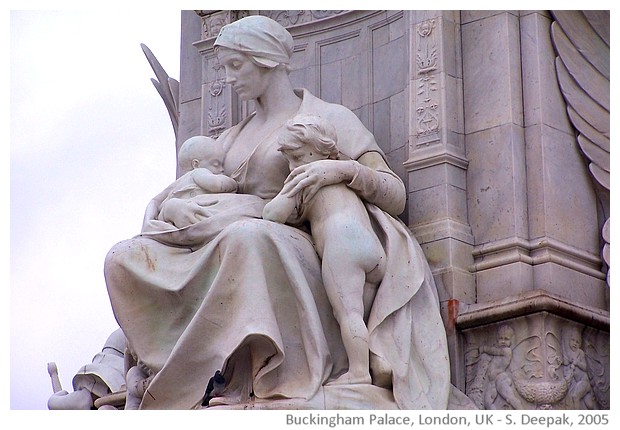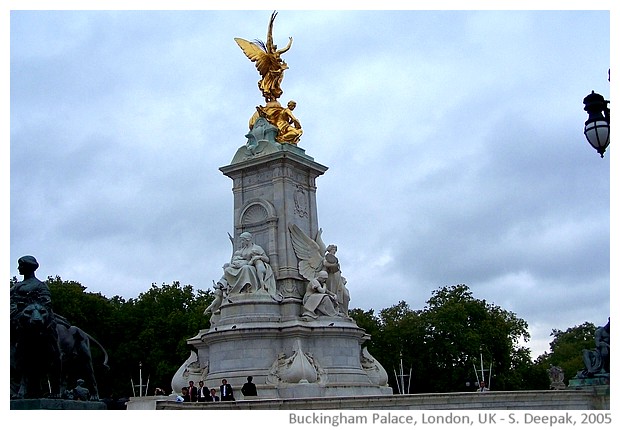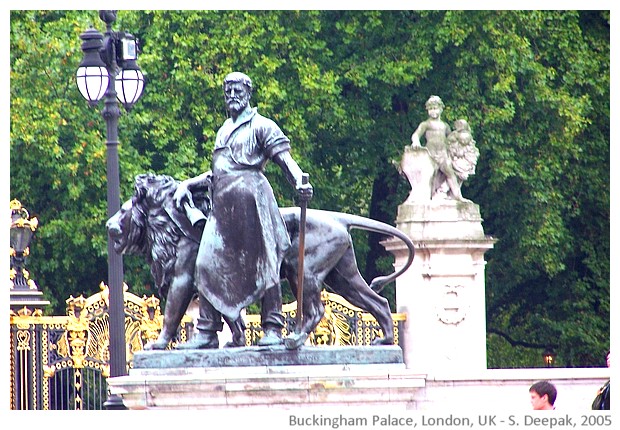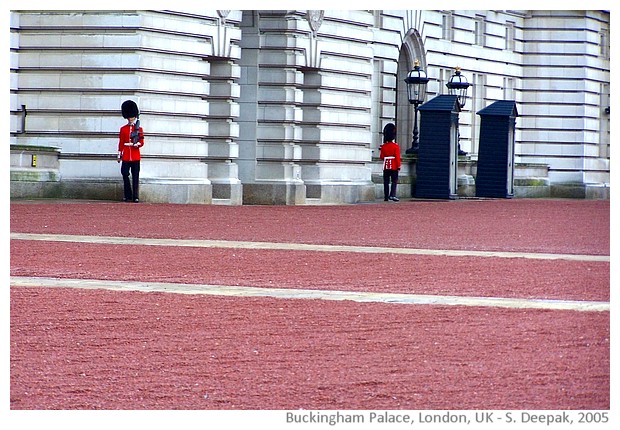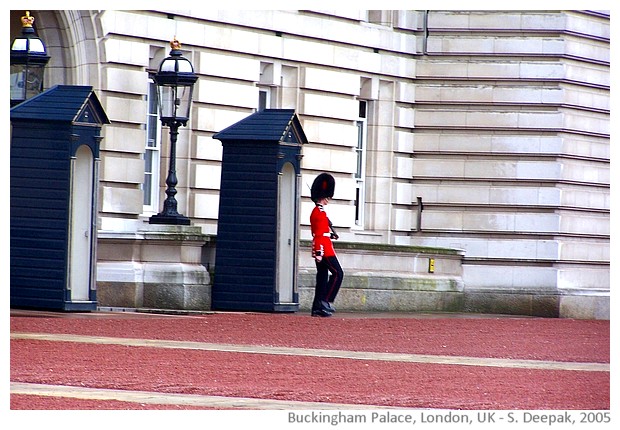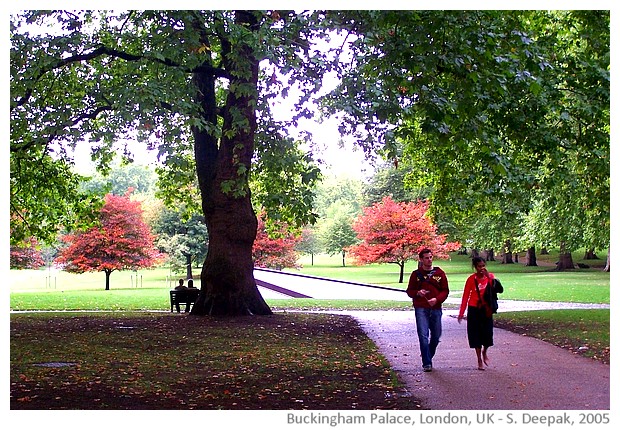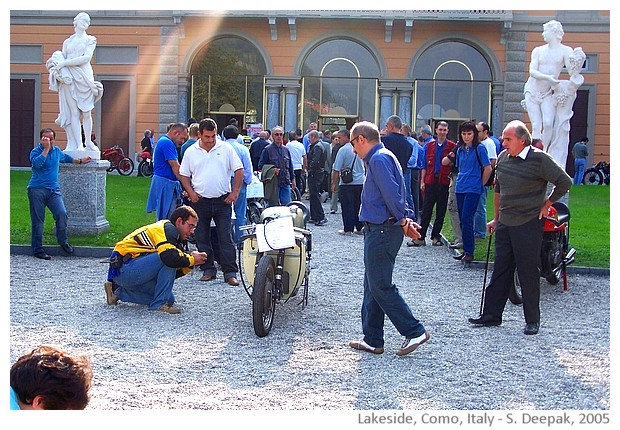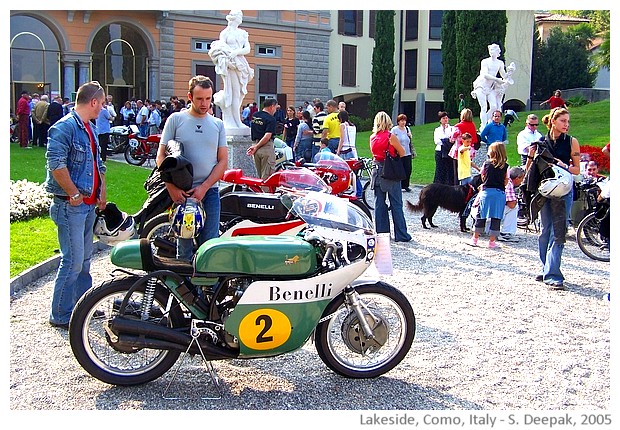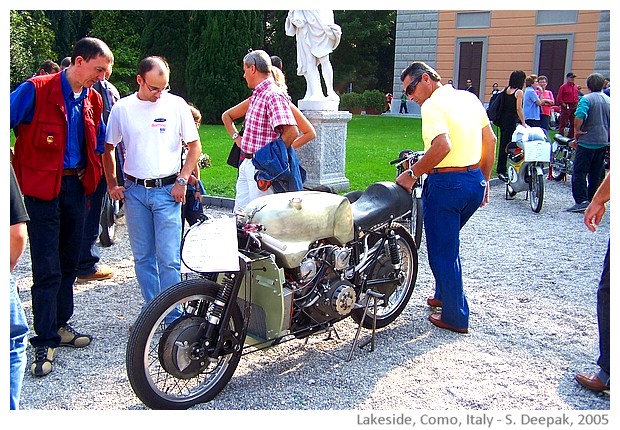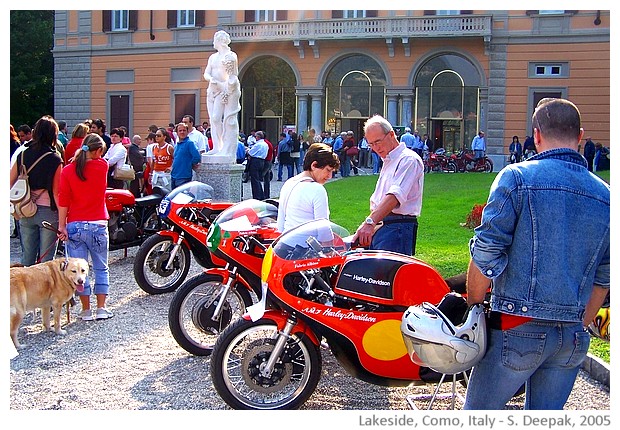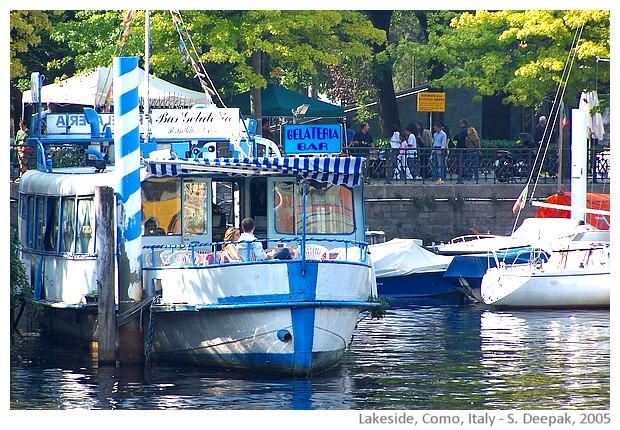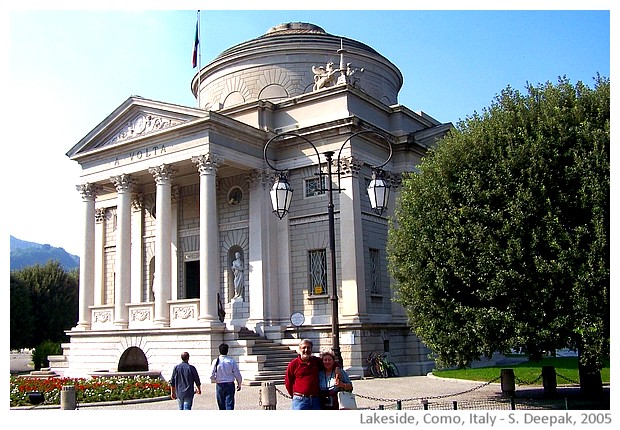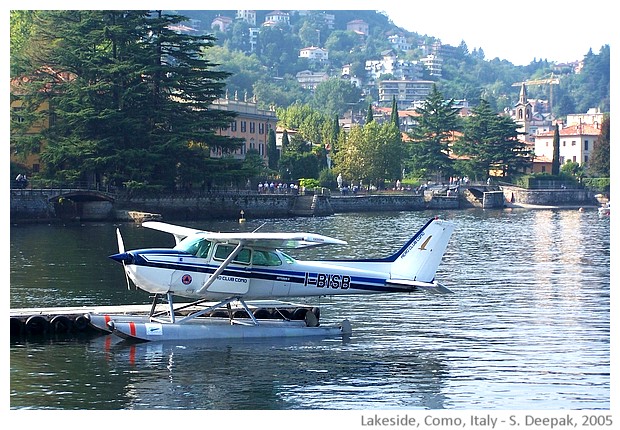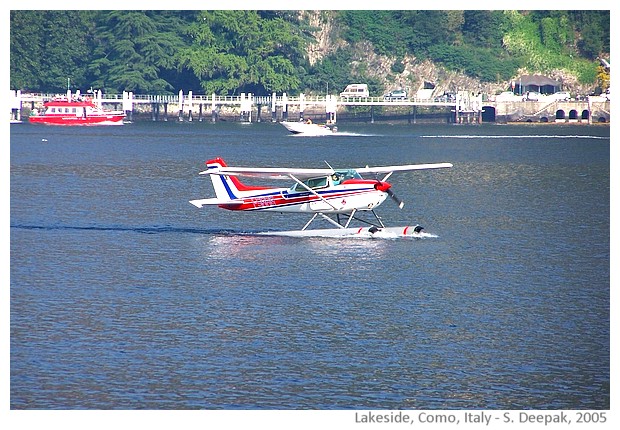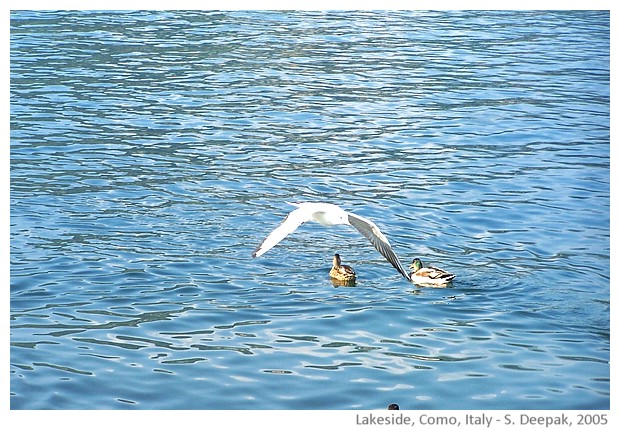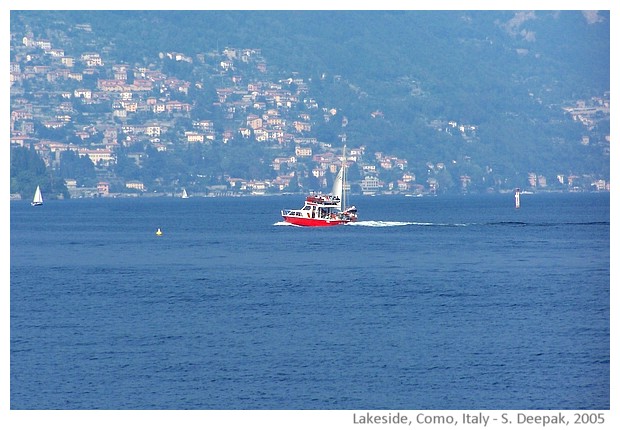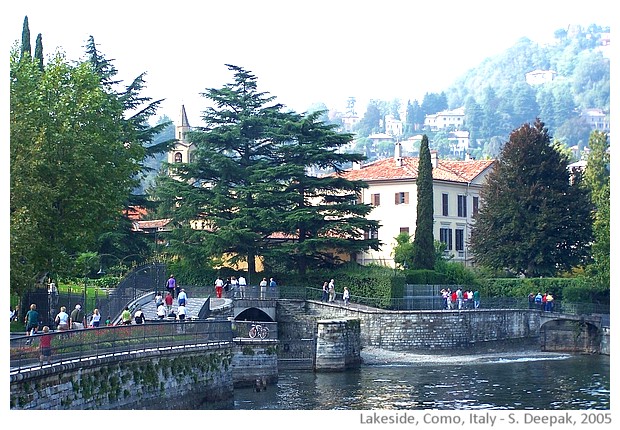For so many years, I have been going to Geneva (Switzerland) for work. Usually it meant short trips, reaching the hotel late at night, going for a meeting at the World Health Organisation (WHO) on the next day and then, take a train back to Milan as soon as the meeting finished. I hardly ever went out and Geneva seemed a clean, orderly and dull Swiss city.
Every thing changed in 2001, when I was working at WHO and stayed there for 5-6 months. The first month was passed in a hotel, but it was very costly so I looked around for a room. Almost all the weekends, I would travel home to Italy as my son was in school and my family had stayed back in Bologna.
This post about my days in Geneva - I want to record my memories about this stay, so that In future, I can come back and remember them.
My Room in Geneva and the Morning Alarm of My Neighbour
I found a room in Rue Sismondi, close the Geneva Central Station, it is one of the roads going towards the left bank of the Leman lake.
My American landlord, had an apartment at the top floor. She had occupied the stairs going to the top floor, putting there her book-racks and knick knacks. So the only way to go to the apartment was through the elevators, that opened in a small corridor. On coming out of the elevator, on the right was the part where my landlord lived with her Tunisian boyfriend. On the right we were three guests in three rooms, sharing the bathroom and the kitchen.
I think of those days as the days of silence or more precisely, as the "days of not talking". You respect the privacy of others, you don't look at them or talk to them, was the rule of the house that I quickly learned, these are also the Swizz rules of living.
If by chance I ever met the other guests, I would mumble a slow Good day or Good evening, the other would nod and that was it. In those four months, I saw only one of those other guests, a sad man in worn out clothes.
The other guest's presence was felt and heard, but I never saw him. He lived in the room next to me. Some evenings, I heard him through the wall, talking on the telephone in German. He sounded like a young man. And, I heard his alarm clock in the morning every day. It would start ringing every morning at 4.45 AM and it kept on ringing for about 15-20 minutes, till he finally woke and switched it off.
My first few days in that house were really traumatic. In the quiet of the morning, the alarm bell seemed to be ringing just under my pillow and it made me wake up with my heart thumping. Evidently, his sleep was deeper, since it went on and on. Then, even I too got used to it. When it started to ring, I would get up, eat some yogurt, read some book, listen to the old man in the other room wake up and shuffle around. When finally our neighbour woke up and the alarm stopped, I would switch off the light and go back to sleep.
I had heard that Swiss are very particular about noise, pollution, order, etc. but no one ever said any thing to that guy about his alarm!
Sex Shops and the Sex Workers in Rue Sismondi
Rue Sismondi is the area of the sex shops and prostitutes. I was very curious about the things displayed in the sex shop-window, but I was also embarrassed to go in and look at them properly. The use of most of the sex-toys was easy to understand, but there were some strange looking things as well, and I would look at them from the corner of the eyes and wonder how they were used!
The prostitutes lived in the houses in that area, and after a few days, on my return from work in the evenings, I was mumbling "Good evening madam" to them also. The prostitutes mostly left me in peace, hardly bothering to stop their chatting and laughing when I passed. Once I did have a closer encounter with two of them. I was coming out of the supermarket, when one of them, tall and dark, wearing a flaming red gown, that was open on the side till the top of her legs, she raised up her leg in front of me, stopping me in my tracks. Raising her eyebrows, she smiled provocatively. I panicked. "Je suis marieé", I blurted out, I am married. She laughed loudly and said that she didn't mind. Thankfully, the other girl standing next to her, said something to her and they allowed me to walk away.
One of the prostitutes on our street was an old lady of about seventy-eighty. A loud gash of red lipstick on her lips, blue coloured eye-shadow around her eyes and snow white hair, she looked like a witch, in her spindly legs and a brown-leather mini skirt. Who would ever go with her, I wondered but perhaps elderly men preferred her? One early morning, I was supposed to catch a train and it was snowing and really cold. I saw her in her miniskirt, standing under a doorway, shivering and yet, hoping for a client in that terrible cold morning. It was one of the saddest things that I have ever seen.
That stay in Geneva has changed my relationship with the city. Every time I go back, walking along the lake, the science museum, the wonderful botanical gardens are my favourite activities in every visit.

***

.jpg)






.JPG)
.JPG)
.JPG)







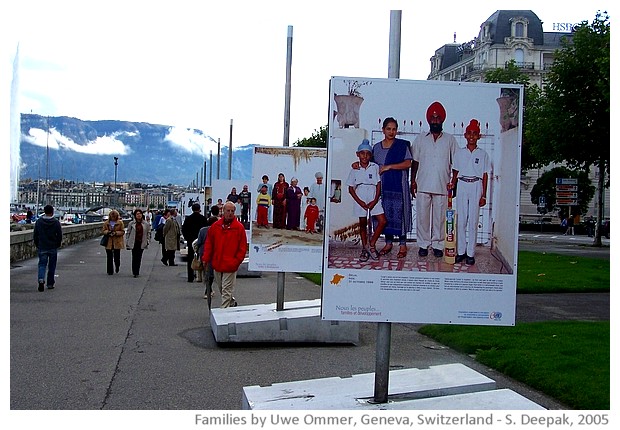
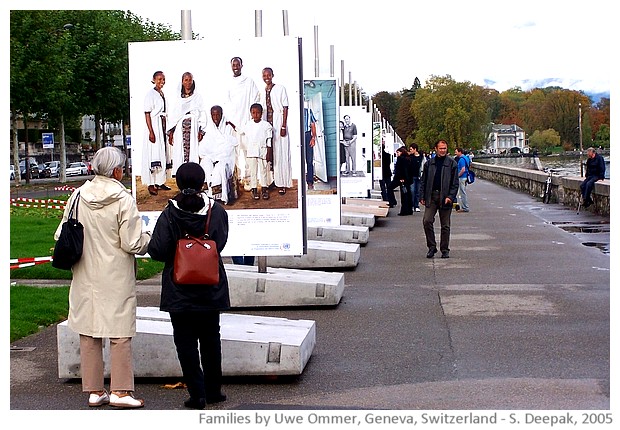
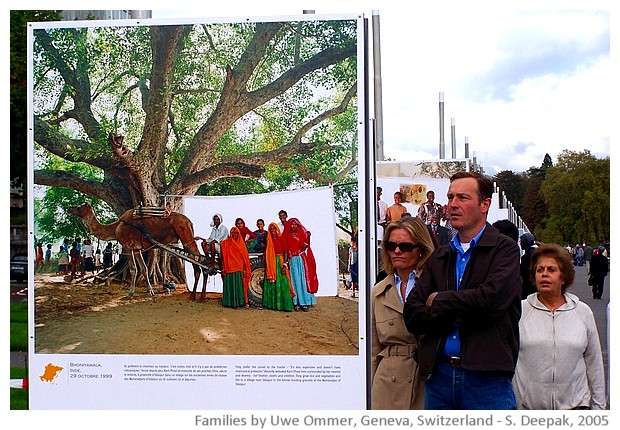
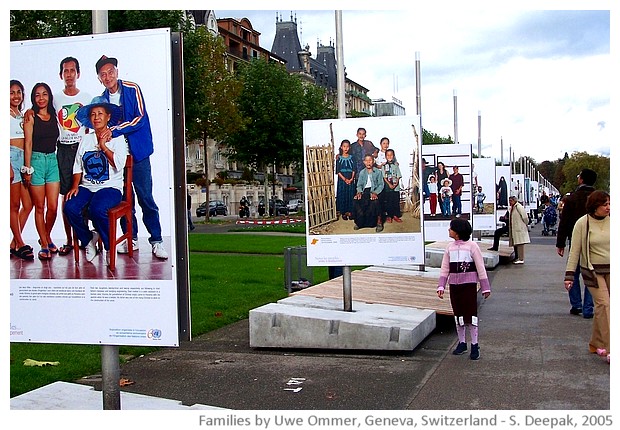
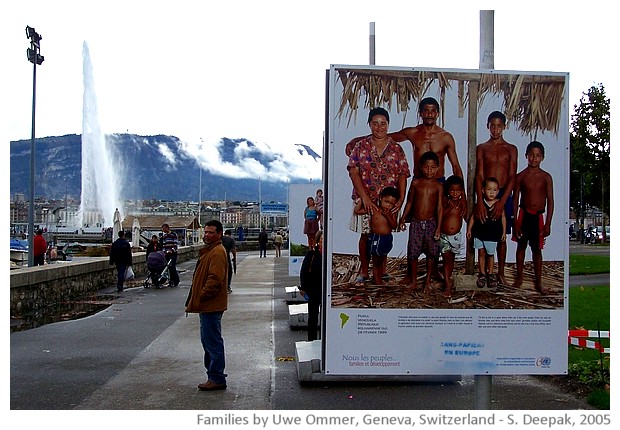
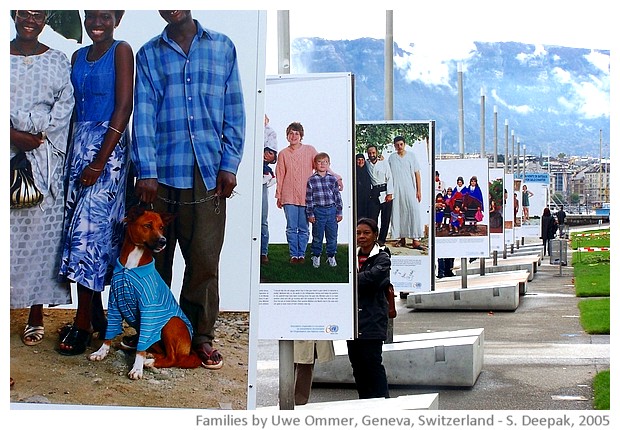
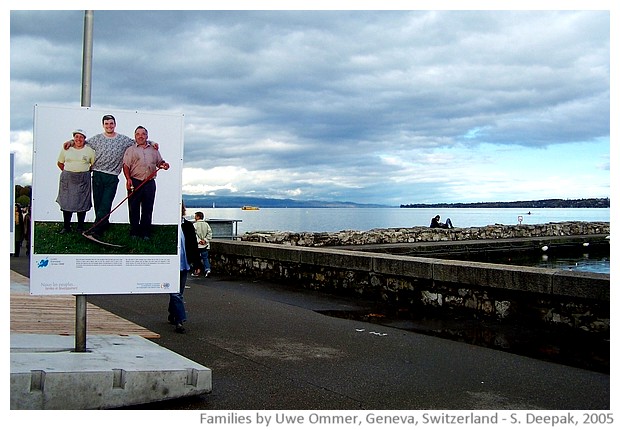
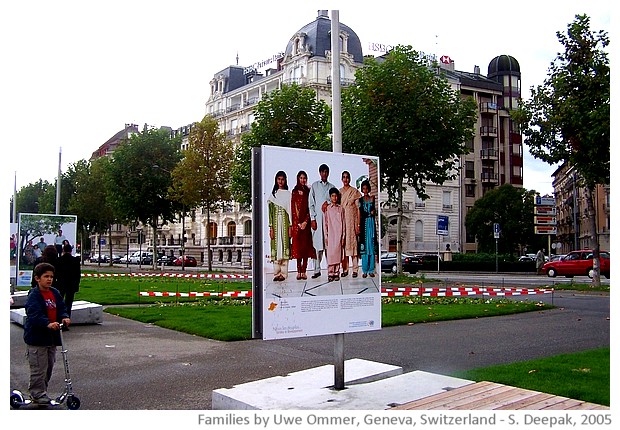
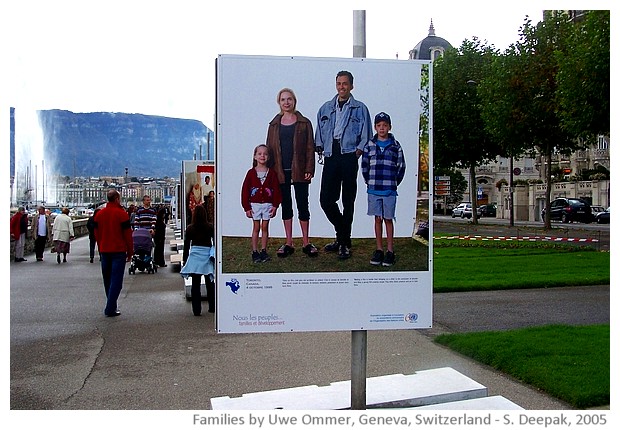
.JPG)
.jpg)
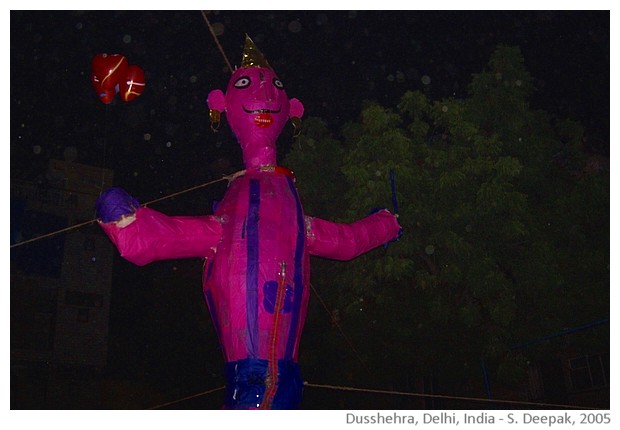
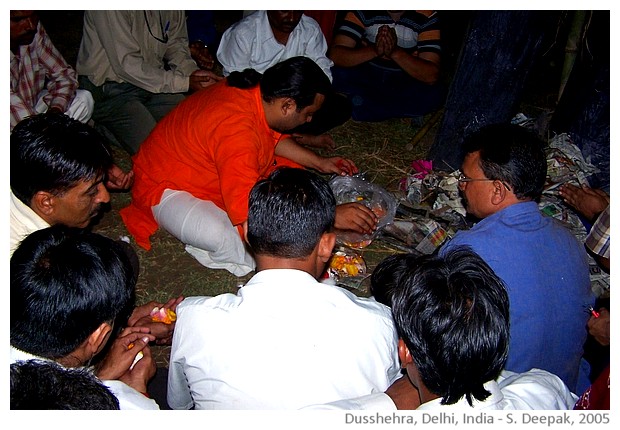
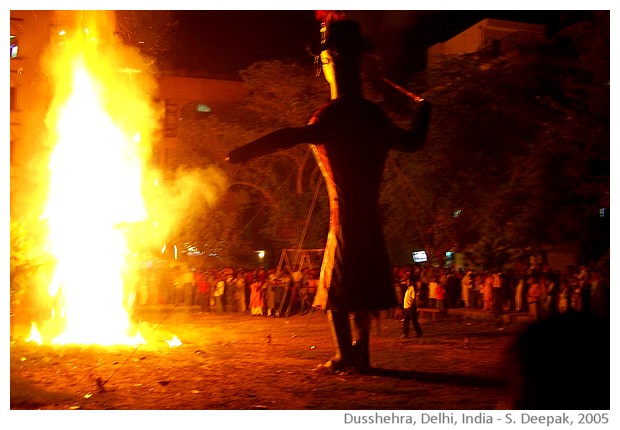
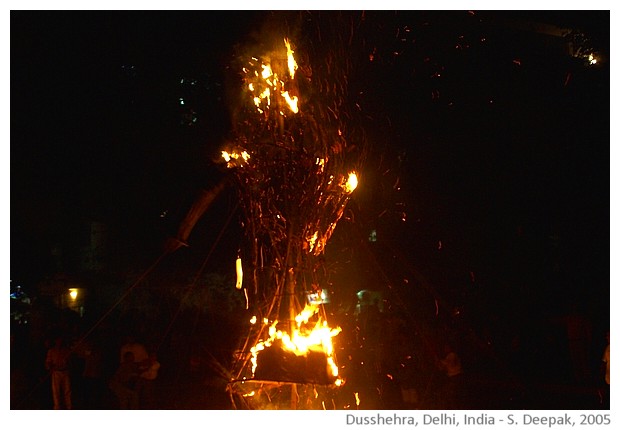
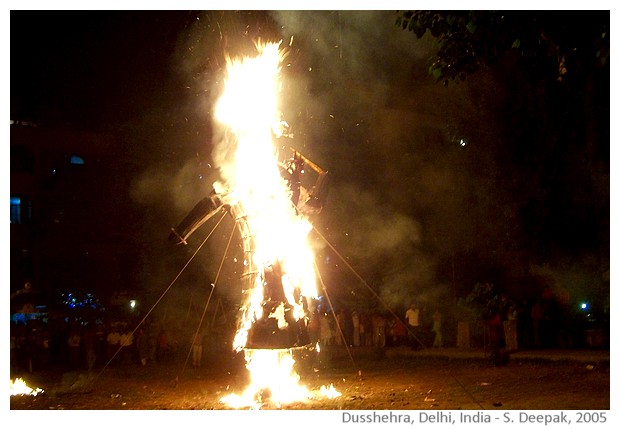
.jpg)
.JPG)

.jpg)
.jpg)
